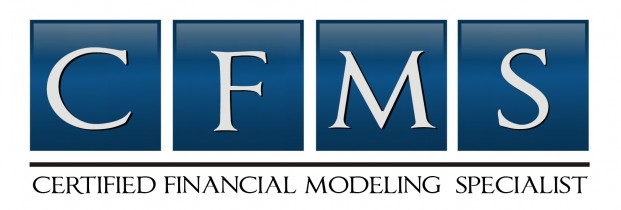The interview is the time for a potential employer to get to know you and hear what you have to bring to the job they are trying to fill. It is also your time to get your questions answered. Though you can’t get a full understanding of the job or the workplace atmosphere, the interview can give both sides a quick idea of whether a potential relationship may work. Therefore, it is important to present a good interview and remember what not to do when interviewing for a potential financial modeling job.
“I really don’t know how to do….” – When in a job interview, it is important to present a confident and professional self-image. This means that you don’t want to say “I can’t” or “I don’t.” If you truly don’t know how to do something which is perfectly acceptable and normal, be sure to phrase your answer to show self-confidence such as “I have not had direct experience with X but I am a fast learners,” or “I am a quick learner,” or “I have studied this and have had educational experience with X.” Just do not seem unsure or no confident.
“I couldn’t stand my last boss/supervisor/coworker.” – Even if you had a personality conflict with your boss, bad talking will never benefit you. Even if you are completely not at fault, keep references to him or her neutral and professional. Bad talking will look bad on you. If there was truly an issue, and the company may have called or the company needs to call your boss or supervisor, and that is who your conflict is with, you may want to address it but do so very objectively and sensitively.
“So how much money will I make and what are the benefits.” – Though this information is obviously of interest to you, asking it, without prompt from the interview, can give the wrong impression. Asking can give the interviewer the idea that you are desperate or more concerned with vacation and benefits. The caveat is that you will likely want to ask their questions before you accept a job offer but your first interview is likely not the best time.
There are other questions not to ask in an interview; however, these are a good sample of what you should think about when determining questions you want or not to ask. Just remember to always display a professional attitude and be professional and confident in your questions to leave a positive, lasting impression.
